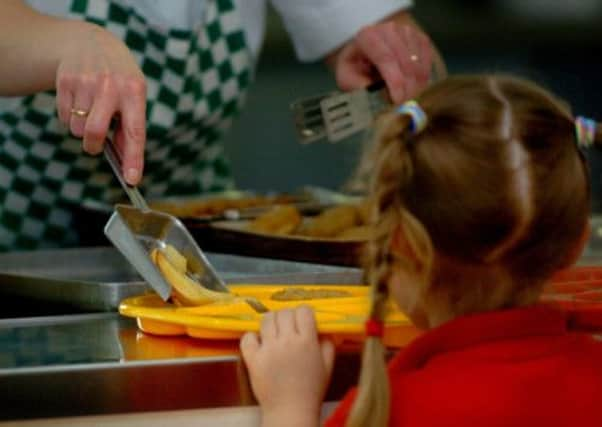Poor children ‘not potty trained when starting school’


In a number of cases, youngsters are years behind their classmates when they begin school, and can act as if they are just 12 months old. The study, by the Centre for Social Justice (CSJ) founded by Tory Cabinet Minister Iain Duncan Smith, says poor white boys are at risk of becoming an educational underclass.
The findings show that hundreds of thousands of teenagers are leaving school each year without decent GCSEs, and that poor white boys have fallen further behind their classmates in the last five years.
Advertisement
Hide AdAdvertisement
Hide AdIt says the attainment gap between poor white British pupils and their better-off counterparts is “startling”.
The study, which examines education in England between 2007 and 2012, argues that too many children are seeing their education suffer because of the disadvantage they face in their home life. There is “heart-breaking” evidence of youngsters trapped in severe disadvantage, the CSJ claimed.
It says: “The early years experiences endured by these children have been so abysmal that they begin compulsory schooling absolutely not ready for learning and, potentially, permanently disadvantaged.”
Teachers reported that they are increasingly expected to deal with basic needs, such as potty training, and in some schools teachers carry disposable gloves because pupils routinely need help going to the toilet.
Advertisement
Hide AdAdvertisement
Hide AdSir Robin Bosher, the chairman of the working group that drew up the report, said that in each class he sees, about one in 10 children are “so unsociable that they hurt others, adults and other young children” because they have had no practice at being sociable.
He added: “Educational failure is too common in our current system. It affects disadvantaged children and makes reform urgent.”